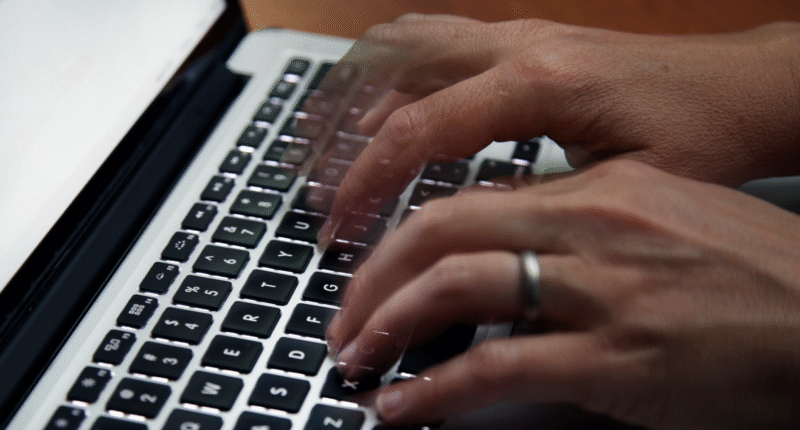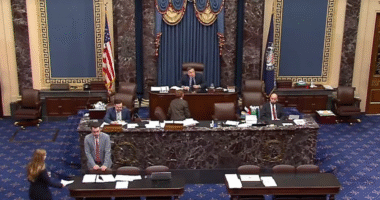In New York, experts at Cybernews have revealed that a massive amount of login details have been disclosed and organized into datasets on the internet, granting cybercriminals unparalleled access to the everyday accounts used by consumers.
A recent report by Cybernews discloses the identification of 30 publicly available datasets that contain a substantial volume of login data, totaling a staggering 16 billion compromised credentials. This includes user passwords for various well-known platforms like Google, Facebook, and Apple.
The figure of 16 billion surpasses the current world population, implying that affected users may have had login details for multiple accounts exposed. As Cybernews highlights, the data likely contains duplicates, making it challenging to determine the exact number of individuals or accounts that were compromised.
It’s also important to note that the leaked login information doesn’t span from a single source, such as one breach targeting a company. Instead, it appears that the data was stolen through multiple events over time, and then compiled and briefly exposed publicly, which is when Cybernews reports that its researchers discovered it.
Various infostealers are most likely the culprit, Cybernews noted. Infostealers are a form of malicious software that breaches a victim’s device or systems to take sensitive information.
Many questions remain about these leaked credentials, including whose hands the login credentials are in now. But, as data breaches become more and more common in today’s world, experts continue to stress the importance of maintaining key “cyber hygiene.”
If you’re worried about your account data potentially being exposed in a recent breach, the first thing you can do is change your password – and avoid using the same or similar login credentials on multiple sites. If you find it too hard to memorize all your different passwords, consider a password manager or passkey. And also add multifactor authentication, which can serve as a second layer of verification through your phone, email or USB authenticator key.
Copyright © 2025 by The Associated Press. All Rights Reserved.

















